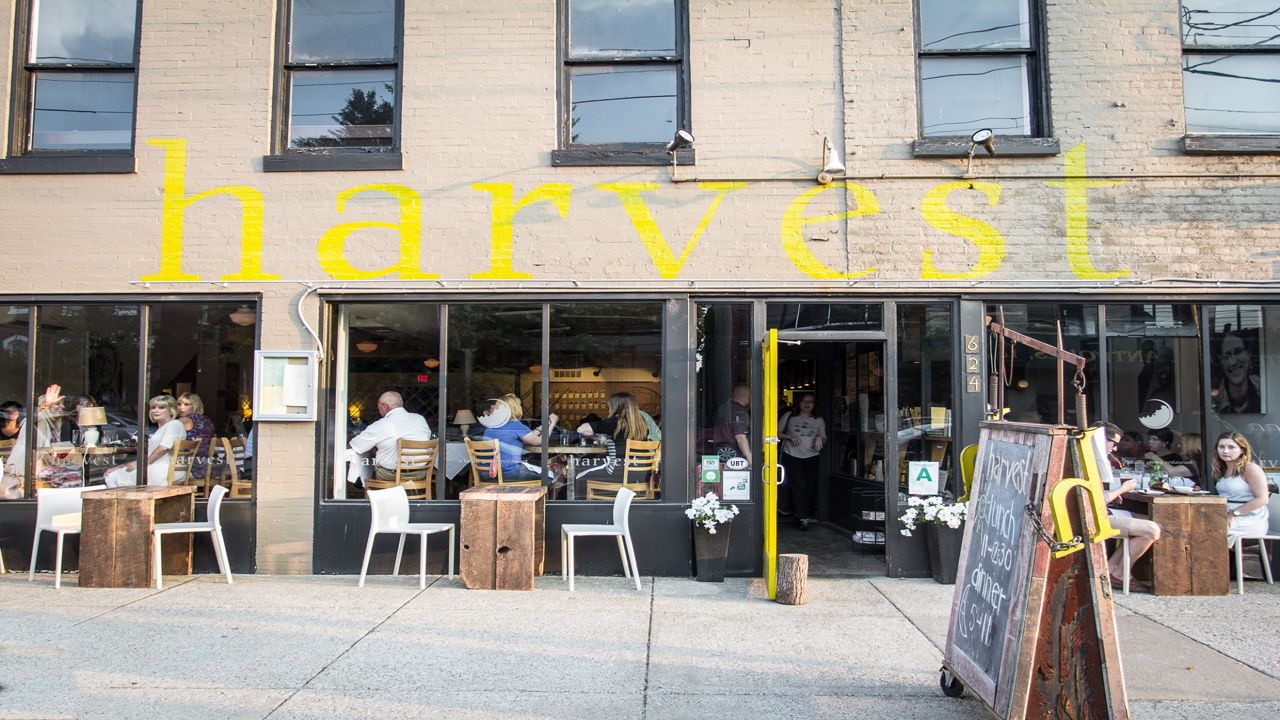James Firman is 69 and lives with his wife and 26-year-old son, who has been good about staying home and not going to bars or parties.
"He's using safe behaviors," Firman said. "But if he were going out to bars or parties, he would represent a lethal threat to me and my wife. So you have to be careful and worry about everybody in your household."
Firman is the founder of Bell Age, a research company that developed a COVID checkup survey for the New York Office for the Aging.
"Everybody over 65 is high risk, and a lot of people under 65 have an underlying condition," he said. "And all of us need better information to know what to do to be safe."
Public health officials have a good idea of which groups of people are most susceptible to the coronavirus. But what about our individual behaviors? It's something state officials want to measure among New Yorkers themselves.
The survey takes a few minutes to complete and it asks if you have any chronic health problems, what your insurance situation is and just what you do on a day-to-day basis. Do you go grocery shopping? Did you go to the dentist? Do you go to a bar? These are all things we took for granted in a pre-pandemic world, but are now part of the calculated risks that we take when go out.
At the end, survey takers receive an assessment and the chances they would be hospitalized with the virus and what risk they are at for it being fatal.
Office for the Aging Director Greg Olsen says the check-up will help individual New Yorkers, as well as state officials, determine how people are managing what had once been routine trips out of the house.
"What this tool really does is provide an opportunity for people to learn about their ability to contract the virus through their individual behaviors, what they do when they go out, who they see," he said.
The survey does not take any personal information other than gender and zip code. But offiials say it can be a powerful tool for people ahead of a potential second wave.
"Information is power. And it reiterates what really works," Olsen said. "The masks works. Everbody's known that, and we have to continue to do that. I know there is COVID fatigue out there, but it's not the time for letting our guard down."



